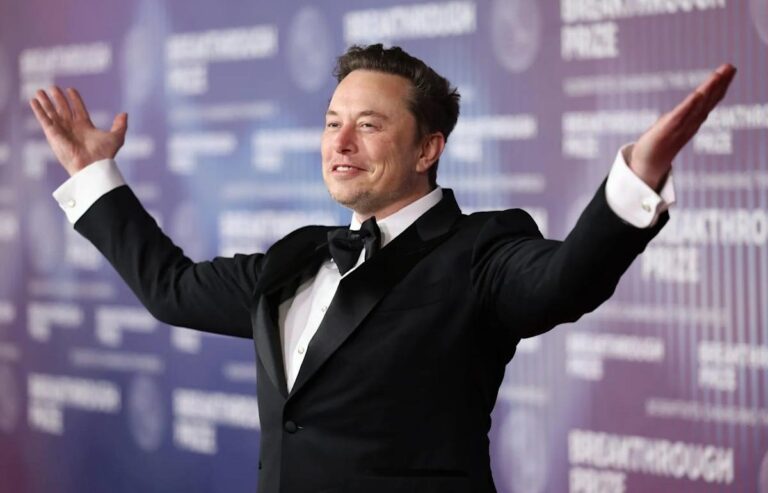Elon Musk, the visionary entrepreneur behind Tesla, SpaceX, and several other groundbreaking ventures, has reached a staggering net worth of $405.6 billion. This monumental figure not only places him far ahead of other billionaires on the global rich list but also signals something even more extraordinary—Musk could very well become the first person in history to reach trillionaire status, with projections pointing to the year 2027 as the tipping point. His climb to the top has been fueled by a mix of relentless innovation, aggressive business strategies, and an unmatched ability to disrupt traditional industries.
Musk’s wealth has been largely driven by the exponential growth of his companies, particularly Tesla and SpaceX. Tesla’s rise from a niche electric vehicle maker to a global automotive and energy powerhouse has seen its stock soar over the past few years. Simultaneously, SpaceX has transformed the space exploration landscape with reusable rockets, government contracts, and its Starlink satellite internet project. These ventures not only contribute to Musk’s massive fortune but also redefine what’s possible in technology and transportation, keeping him leagues ahead of even his closest financial competitors.
The projection that Musk may become the world’s first trillionaire by 2027 isn’t just speculation—it’s backed by financial analysts tracking the growth trajectories of his holdings. If Tesla and SpaceX continue on their current upward paths, and if Musk’s newer ventures like Neuralink and The Boring Company gain substantial traction, his total wealth could reach the twelve-zero club in just a few years. This projection highlights how emerging technologies and bold leadership can yield not only market dominance but also personal financial milestones that redefine economic history.
What sets Musk apart is not just his ability to generate wealth, but the scale of his ambitions. From colonizing Mars to integrating AI with the human brain, Musk’s ventures go beyond business—they’re deeply rooted in his vision for the future of humanity. His wealth, then, becomes more than a personal accolade; it becomes a resource for funding what he sees as civilization-shaping projects. This reinvestment of capital into long-term, high-risk innovation makes Musk a unique figure in the modern billionaire class, one who blends capitalist success with almost utopian intent.
Still, such immense accumulation of wealth in the hands of a single individual does spark important questions. As Musk edges closer to trillionaire status, debates around wealth inequality, corporate influence, and the role of billionaires in society are only intensifying. Nevertheless, whether seen as a symbol of possibility or a subject of controversy, Elon Musk’s financial journey is undeniably historic—and if trends hold steady, he could soon redefine the upper limit of personal wealth on a global scale.



